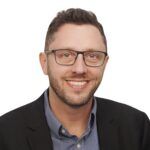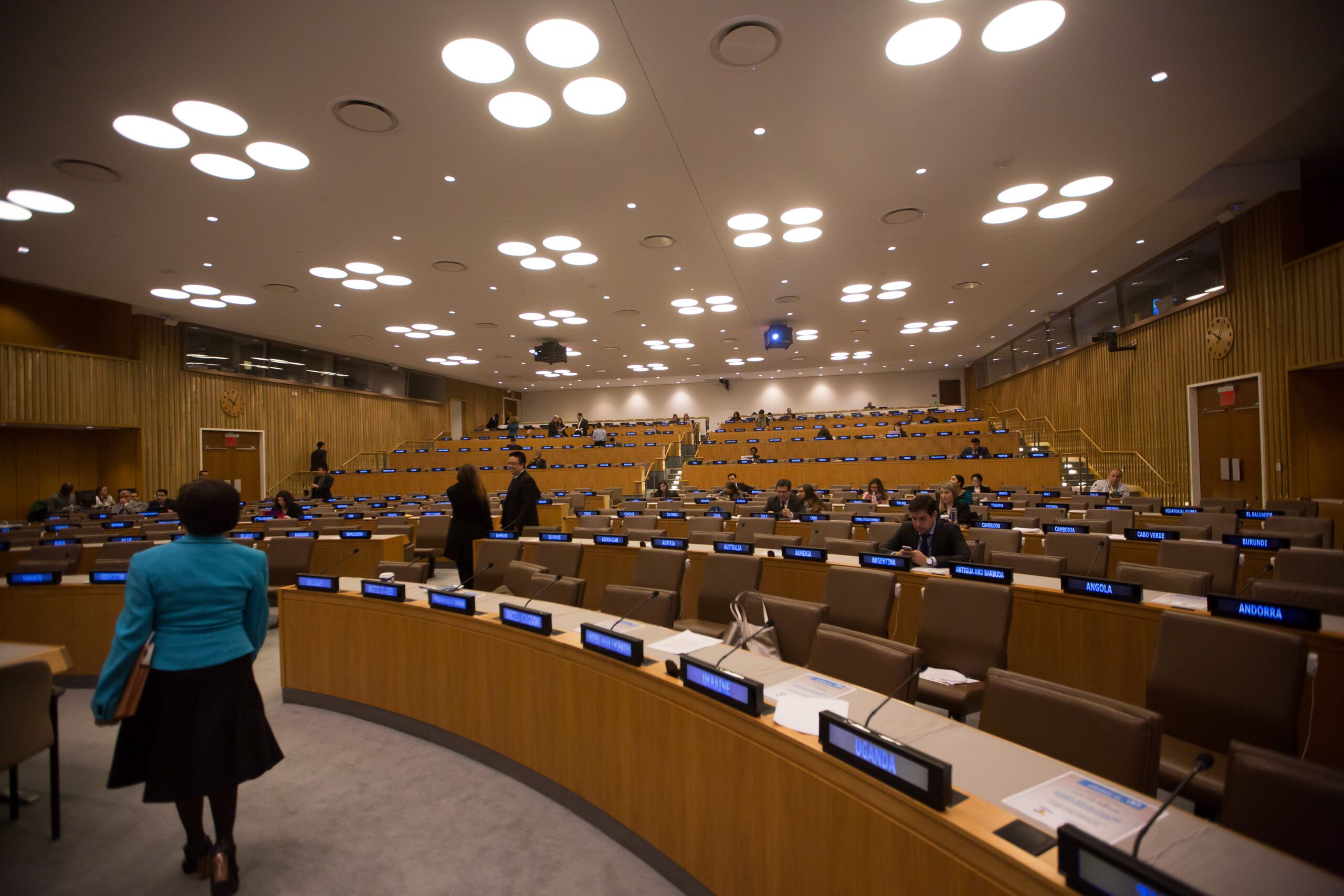The humanitarian crisis in northern Syria is on the verge of becoming a COVID-19 catastrophe. A decade of conflict has left the healthcare system in ruins—and millions of displaced people in Idlib province were already suffering due to a lack of shelter and sanitation. Now, with the coronavirus pandemic posed to spread to an area with just 600 doctors and fewer than 50 adult ventilators for four million people, the situation is dire.

Why is Idlib the last refuge for internally displaced Syrians, and what can donors, international humanitarian actors, and local organizations do to ensure that they are not left behind as the world grapples with COVID-19?
This policy briefing by Tayseer Alkarim, Hanny Megally, and Leah Zamore delves into roots of the humanitarian crisis in Idlib, details the current capacity of the exhausted healthcare system amid the ongoing conflict, and examines what these constraints mean for mounting a response to the spread of the coronavirus. The briefing explains how donors and international humanitarian organizations can take action now to support local institutions, increase testing and treatment capacity, improve availability of PPE and public information, and press for an immediate ceasefire.
The plight of Idlib is one of the most complex humanitarian dilemmas of our time, influenced by prolonged conflict, a looming COVID-19 outbreak, and the ongoing failure of the international community to take effective action. A further failure to minimize the impact of the COVID-19 pandemic on Idlib will cost lives—and risk global health security further by allowing the virus to spread in one of the places that is least-equipped to contain it.
Download the full briefing here.
About the Authors:
Tayseer Alkarim is a medical doctor with nine years of expertise in emergency response and medical operations in conflict zones and low-resource settings. He is co-founder of First Consultant COVID-19, which is a grassroots initiative aimed at providing context specific advice for frontline health workers responding to the COVID-19 pandemic in low income and conflict-affected countries. He has extensive field experience in planning and responding to emergencies in Syria, Iraq, Yemen, Uganda, Bangladesh and Pakistan, and with refugee crisis response in Greece, Jordan, and Turkey. He has published on health response and training of medical workers in conflict zones.
Hanny Megally is a senior fellow at New York University’s Center on International Cooperation and a member of the UN Commission of Inquiry on the Syrian Arab Republic. He was the Chief of the Asia, Pacific, Middle East and North Africa Branch at the UN Office of the High Commissioner for Human Rights in Geneva, and previously worked at the International Center for Transitional Justice, Human Rights Watch, the Ford Foundation, and Amnesty International. He has more than forty years of experience in the field of human rights, transitional justice and conflict resolution.
Leah Zamore is a senior policy analyst at New York University’s Center on International Cooperation, where she directs the Humanitarian Crises program. A human rights lawyer and scholar, she also co-directs the Experts Group on Global Refugee Policy. She is the co-author, with T. Alexander Aleinikoff, of The Arc of Protection: Reforming the International Refugee Regime (Stanford University Press, 2019).


